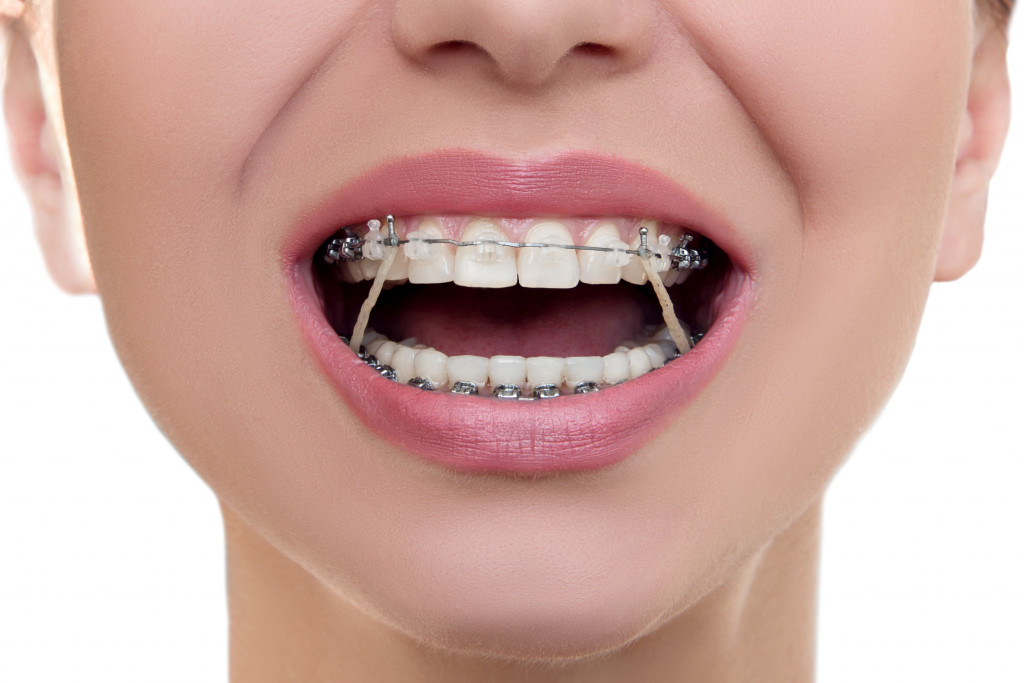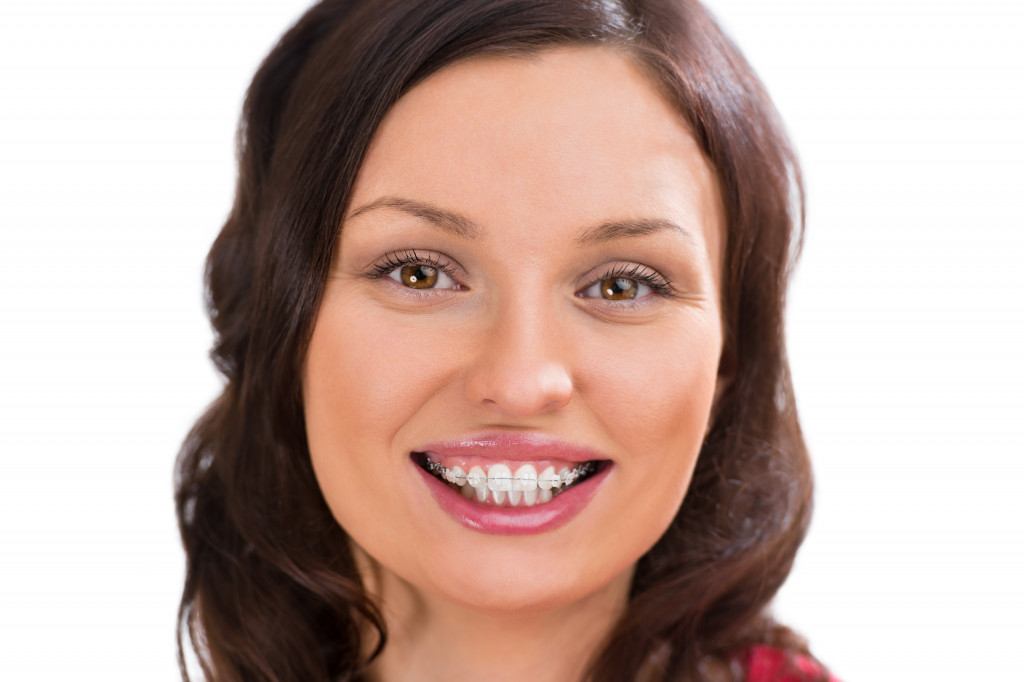Orthodontics has come a long way in recent decades. Today, metal braces aren’t the only type of orthodontic treatment — patients can now choose from lingual braces, ceramic braces, and clear aligners. When it comes to dental technology, dentists now have access to digital orthodontics to help them analyze patient cases and develop treatment plans.
But having braces is a different matter when it comes to athletes. Since playing sports involves the risk of injuries, athletes have to take critical steps to protect their mouth from blows, laceration, and dislocation. This article will talk about the risk of dental injury in sports and how to protect your mouth and braces during sports activities.
Dental injury in sports
Millions of children and teenagers around the U.S. deal with dental injuries frequently. The majority of these cases occur during training, physical exercise, or sports activity. While academic associations require student-athletes to wear mouth guards during sports games, these activities actually involve a very high risk of facial injury and dental trauma. That’s why it’s recommended for many athletes to wear a mouth guard or headgear even though the sports don’t technically involve physical contact. Sports that fall into this category include volleyball, softball, tennis, basketball, gymnastics, and martial arts.
Some of the most common injuries sustained by athletes include the lips, mouth, cheek, and jaw area. The worst ones include lacerations to the soft tissue, root fractures, broken or chipped teeth, dislocation in the jaw area, and injury to the temporomandibular joint.
For sports that don’t involve the use of helmets or headgear, the mouth and jaw are vulnerable to shocks, hits, falls, fractures, dislocations, and other physical injuries. Although the risk of oral injuries is rarely life-threatening, it doesn’t mean they are minor. They also cause severe damage and can be expensive, painful, and difficult to fix. It’s even more challenging if you’re wearing an orthodontic appliance.
Wires and brackets make it difficult to recover from dental injuries. Getting hit or injured in your face while wearing metal braces results in even more severe damage to the mouth, particularly the soft tissues, such as the cheeks, gums, tongue, or lips. In the case of severe blows from the hand or elbow, this causes blunt trauma, which leads to damaged brackets.
Protecting your braces

Anyone can play sports while wearing braces. But having an active lifestyle throughout your orthodontic journey involves a lot of learning curves. While injuries can happen anytime, protecting your teeth and mouth during any physical activity is vital when you have braces. In other words, you have to be smart about keeping your mouth safe during sports.
Many patients think that wearing braces limits them in their sport of choice. The good news is, it’s possible to play any type of sport as long as you’re wearing an orthodontic mouth guard. The protection a mouth guard provides makes it an excellent investment for athletes wearing braces. It shields your teeth from any type of blow while protecting the straightening process itself.
Although orthodontic patients can wear any type of mouth guard, dentists recommend wearing quality orthodontic mouth guards to achieve the best protection. Regular mouth guards are made of thermoplastic, which easily heats up and molds to the teeth, leaving them unable to evolve with the teeth as they change positions throughout treatment. It can even affect the straightening process.
On the other hand, an orthodontic mouth guard is made from high-grade silicon, which cushions the lips and keeps them from bumping against the orthodontic appliance. This protects the brackets against damage and prevents painful incidents.
How to handle a sports injury while wearing braces
If you sustained a dental injury while playing sports, seek medical attention immediately. Whether your tooth got loose, displaced, fractured, or knocked out, you have to see a dentist right away to increase the chances of immediate recovery. If it involves constant bleeding or a suspected bone fracture, proceed to the nearest emergency room.
After receiving primary treatment, go to your orthodontist to repair the damaged braces. If the impact or collision happens when wearing a mouth guard, replace it with a new one. If you’re using a custom mouth guard, take it to the dentist to inspect for damages.
Mouth guards make an excellent investment for athletes wearing braces. Although you can’t completely avoid dental injuries during sports activities, it’s important to take proactive steps to protect your mouth and teeth from any form of impact. In the end, the best thing you can do is to consult your dentist regularly to find the best treatment option for your dental braces.

